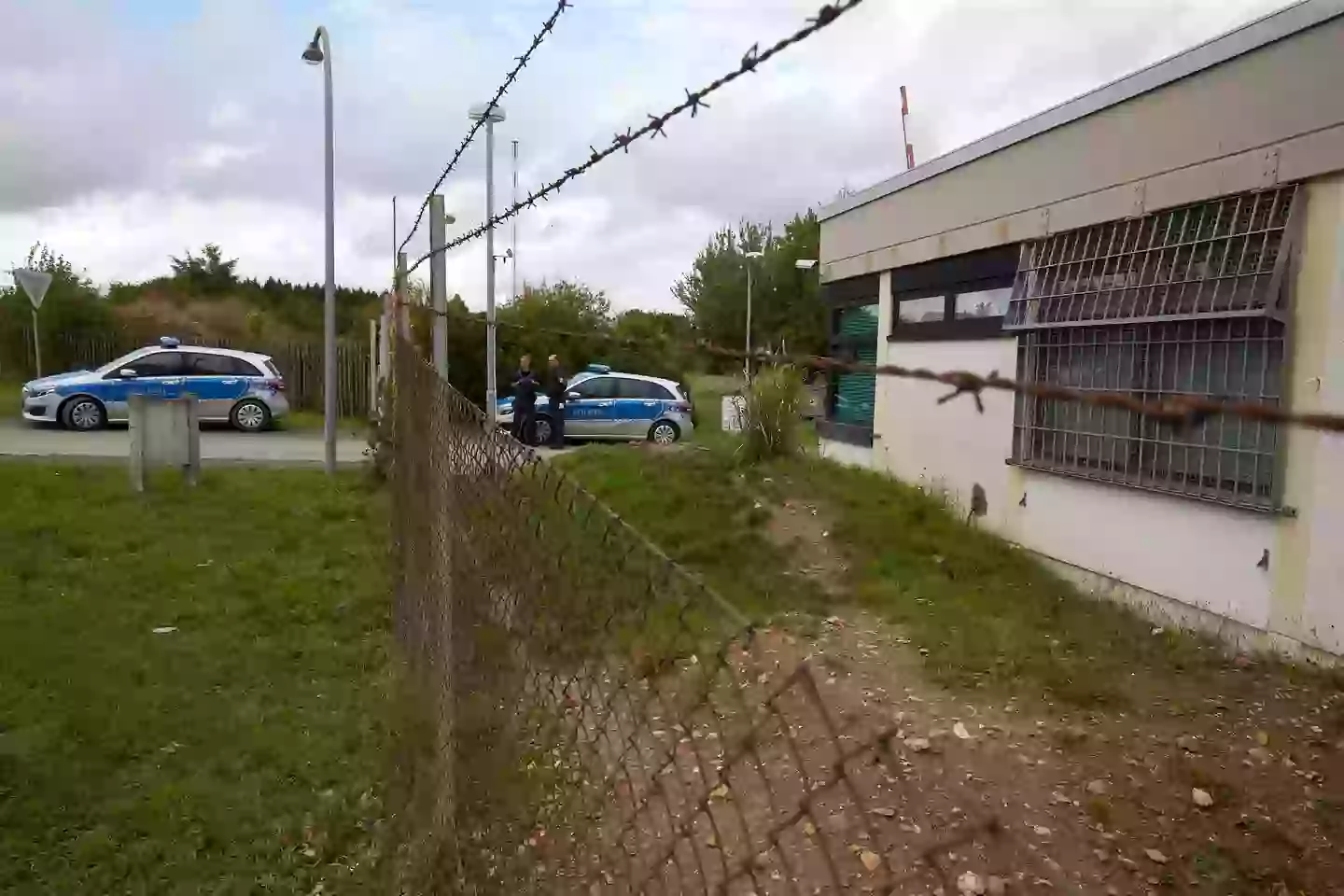
Police in Germany have shut down a ‘CyberBunker’ allegedly used as a dark web marketplace, spurring on an investigation into the DarkMarket.
Hosted in a former NATO bunker, the initial organisation was said to have operated networks like ‘Wall Street Market’ and ‘Fraudsters’ – kind of like an eBay for the dark side of the internet.
And some disturbing items were found to be sold across them.
Advert
Ran on Tor, the encrypted software that masks real identities and I.P. addresses, the DarkMarket was described as the largest illicit marketplace in the world. But then again, this can’t exactly be fully verified seeing as there are likely to be so many of them lurking out there.
It’s reported that from when it was constructed in May 2019 until it was shuttered in early 2021, users exchanged about €140 million worth of cryptocurrency.

DarkMarket was somewhat different to other markets on the dark web as it prohibited the sale of certain items. This included the likes of weapons, fentanyl and images of child abuse – unfortunately, the kind of things often found on the marketplaces.
It’s thought this tactic was purposely used to deter police action against the site.
Advert
And while DarkMarket was illegal, the investigation into CyberBunker did find some of those more disturbing items.
It was set up back in 2013 when a polyglot group of programmers and hackers moved into a Cold War-era bunker under the leadership of 53-year-old Dutchman, Xennt.
He was said to have a lifelong fascination with underground fortresses and actually lived in the bunker while the rest of the crew were above ground.
His team installed servers into the bunker, hosting these dark web sites.
And on these, it was found there were illicit products and images being traded, including terrorist material and images of child abuse.
Advert
.jpg)
It is also said that CyberBunker enabled the illegal trade of drugs, stolen data and child pornography.
In 2019, the company’s operations were stormed and shut down with several suspects arrested. The Dutchman was sentenced to over five years in jail.
When German police raided the bunker, it seized a huge number of items.
This included: 412 hard drive, 403 servers, 65 USB sticks, 61 computers, 57 phones, stacks of paper documents and about €100,000 in cash.
Advert
“I do not recall any case where this huge amount of criminal-infrastructure data was gathered,” an officer told the New Yorker.
Topics: Technology, Crime